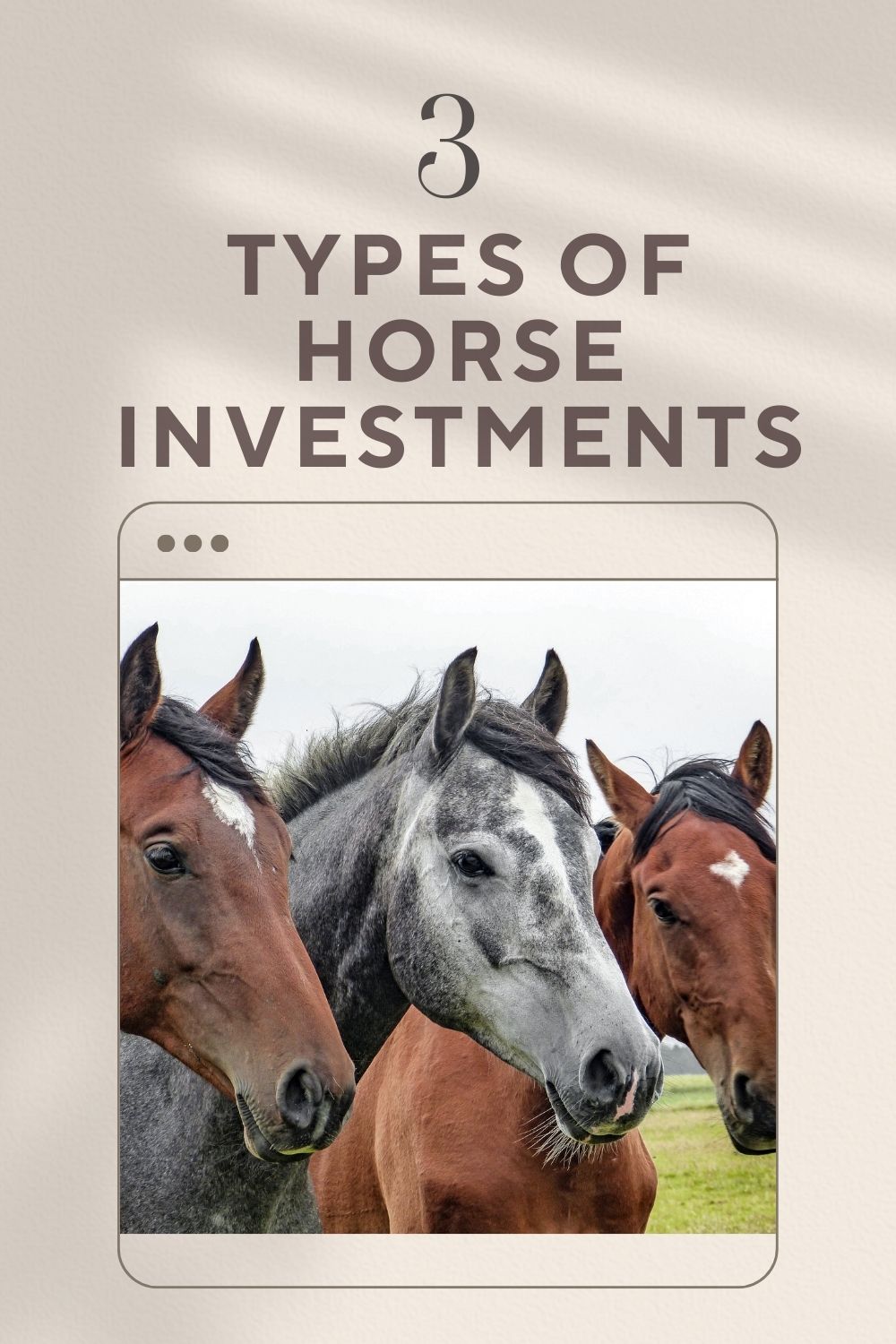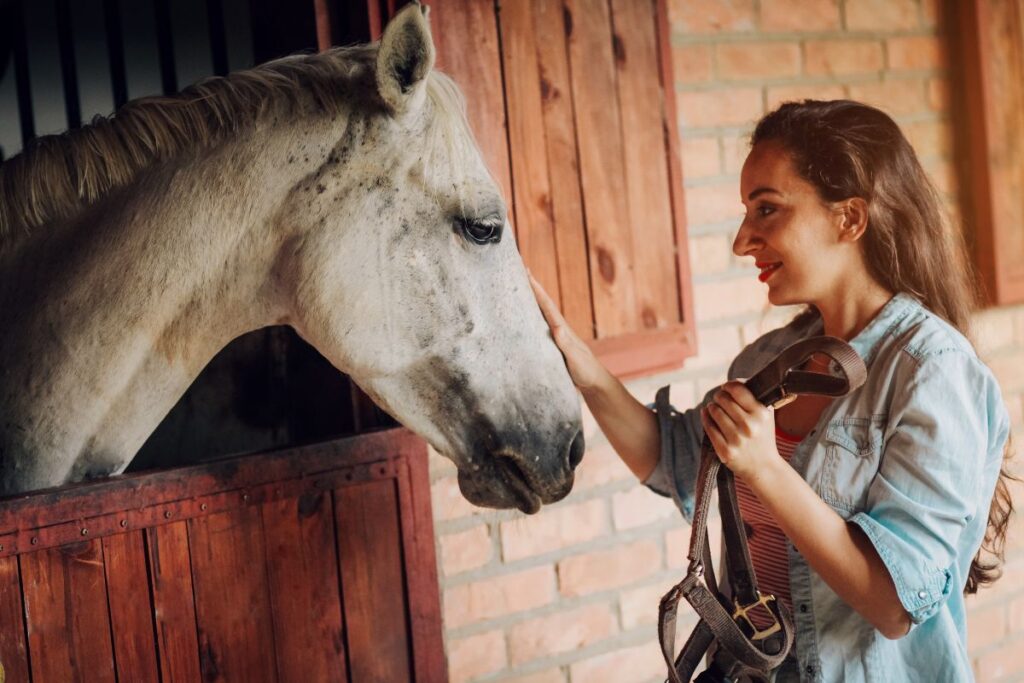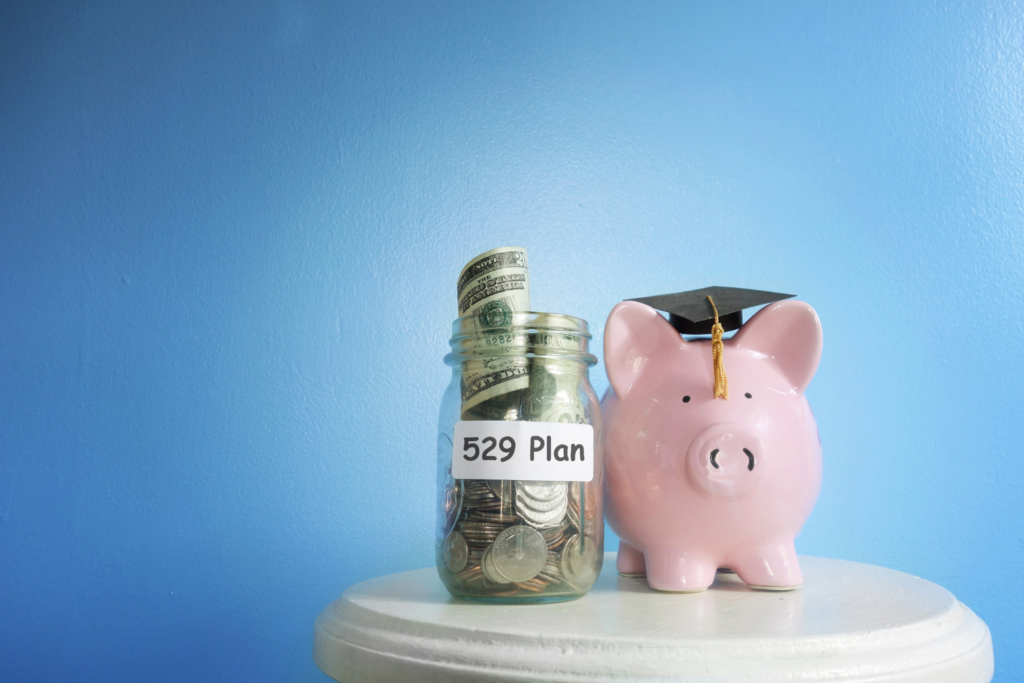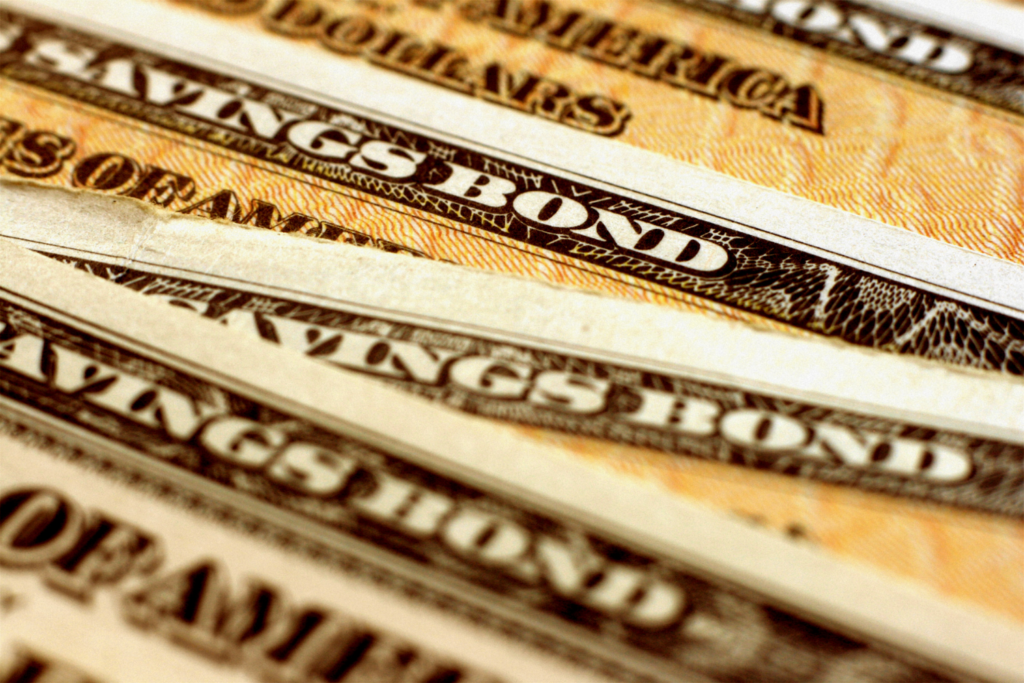
Horses are magnificent creatures that have been used as companions and workers for centuries. In recent years, the concept of investing in horses has gained traction with the average investor.
Many people may not be aware of the types of investments available, or the pros and cons associated with each option. Let’s take a look at what you need to know about investing in horses.
Contents
Types of Horse Investments
Horses have long been considered an excellent investment opportunity, but they can also be a risky one. From buying horses for racing to invest in horse farms, there are several types of investments available.

Below, we will explore the different types of horse investments and the pros and cons of each.
Investing in Horse Racing
Many people invest in horses for racing. Racehorse owners typically purchase horses to train them for races that offer large purses and prizes. While racehorse ownership can be a lucrative investment, it is important to remember that success depends on many factors such as the quality of the horse and its trainer. Additionally, there is always a risk of injury when it comes to racing horses which could result in significant losses if not properly insured.
Investing in Horse Farms
Another option for those looking to invest in horses is to purchase or build a horse farm. Horse farms are great investments because they provide an income stream through boarding fees and services such as riding lessons or show coaching. Additionally, many horse farms offer breeding services that allow investors to generate revenue from selling foals or other equine-related products. However, owning a horse farm requires significant capital investment upfront and may take some time before it becomes profitable.
When starting a horse farm, the decision of which breed to invest in is crucial and depends upon your goals for the farm. If you’re interested in breeding racehorses, thoroughbreds or quarter horses might be the best fit. For riding schools or equestrian academies, gentler breeds such as the American Quarter Horse or the Morgan are often preferred due to their calm demeanors and versatility. If you’re considering a horse for dressage or show jumping, Warmbloods are renowned for their athleticism and grace. Always remember, the health, temperament, and pedigree of a horse should also be taken into account along with its breed.
In addition to their roles in farming, sports and recreation, horses can also make wonderful pets. This is particularly true for smaller breeds like miniature horses and ponies, which are often easier to handle and require less space than their full-size counterparts.
There is a difference between a miniature horse vs pony. Miniature horses, standing no taller than 34 inches, are known for their friendly, easy-going nature, and are intelligent enough to be trained for various tasks. Ponies, slightly larger than miniatures but still smaller than standard horses, are known for their strength, agility, and well-rounded personality. Both miniature horses and ponies can form strong bonds with their owners, providing companionship and a unique pet experience. Always remember, regardless of their size, horses require a consistent care routine, including feeding, grooming, veterinary care, and plenty of room to roam and exercise.
Investing in Breeding Stocks
For those who want to get into the business of breeding horses without having to own a full-fledged farm, investing in breeding stocks is another option. This type of investment involves buying shares or breeding rights in promising young horses to produce high-quality offspring that can be sold at auctions or shows for profit. While this approach has potential upside, it also carries risks since these investments are subject to market fluctuations and other external factors that may affect their value over time.
Pros & Cons of Investing in Horses
The biggest pro associated with investing in horses is that there is potential for a large return on investment if your chosen animal turns out to be successful (i.e., wins races or produces award-winning offspring). However, there are also some significant cons associated with this type of investment as well such as cost (buying/training) and risk (your animal may not perform as expected). Additionally, there is no guarantee that your chosen animal will ever make any money so you could end up losing your entire initial investment!
Where To Get Free Horses
Finally, for those who want to invest in horses but don’t have the financial means to buy them, there are some free options available to get a free horse. Organizations such as Horse Rescue and Retirement facilities often take in horses that are no longer able to be ridden or shown and offer them for free adoption. While these horses may not make ideal investments, they can provide an exciting opportunity for someone looking to gain experience with horsemanship or simply have a companion animal.
I know a farmer/rancher and a serial entrepreneur who was all excited about the Wild Horse and Burro Adoption Incentive Program which pays up to $1,000 to adopt untrained wild horses. In his eyes, he saw “easy money” when in fact, it has become quite costly to house and feed these “free” horses that he has been unable to train yet.
Investing in Horses FAQs
Investing in horses can be a lucrative opportunity, but it is important to understand the pros and cons associated with this type of investment before taking the plunge. Here are some commonly asked questions about investing in horses.
Can a horse be an investment?
Yes, horses can be an investment depending on the type and purpose of the investment. For example, many people invest in racing horses or buy stocks in promising young horses with an eye towards producing high-quality offspring that can be sold at auctions or shows for profit.
What are the risks associated with investing in horses?
The biggest risk associated with investing in horses is that there is no guarantee of success. Additionally, there are costs associated with buying and training horses, as well as the risk of injury which could result in significant losses if not properly insured. Lastly, market fluctuations and other external factors may impact the value of your investment over time.
What kind of return can I expect from investing in horses?
The potential return on investment from investing in horses depends on many factors such as the quality of the horse, its trainer, and any luck you may have. If your chosen animal turns out to be successful (i.e., wins races or produces award-winning offspring), you could see a large return on your initial investment. On the other hand, there is no guarantee that you will make any money so it’s important to be aware of the risks associated with this type of investment.
What is the best way to invest in horses?
The best way to invest in horses depends on your individual goals and level of investment knowledge. For example, if you’re looking for a long-term investment with the potential for high returns, investing in breeding stocks may be a good option. On the other hand, if you just want to get started without making a big commitment, buying shares in promising young horses or purchasing racing stock may be more suitable.
Is a horse farm a good investment?
A horse farm can be a good investment depending on its location, size, and other factors. For example, if you have the land and resources to operate a successful horse farm that produces high-quality horses or has a successful boarding business, it could be very profitable. However, operating a horse farm also carries risks such as fluctuations in the market or changes in the demand for horses.
Is a horse stable a good investment?
A horse stable can be a good investment depending on its size and location. For example, if you have the land and resources to operate a successful horse stable with a large customer base, it could be very profitable. However, operating a horse stable carries risks such as fluctuations in the market or changes in customer demand.
Conclusion
Horses can be an excellent investment opportunity if done properly; however, they can also be quite risky due to numerous external factors that are out of your control such as injuries or market fluctuations. Before making any decisions about investing in horses, you should always do your research so you understand all the risks involved as well as your potential return on investment (ROI). With proper research and planning, investing in horses can be both rewarding and profitable! By understanding what type of investments best fit your needs—whether it’s racehorse ownership, owning a horse farm, or investing in breeding stocks—you will be better equipped to make informed decisions about how best to capitalize on this unique opportunity!
P.S. If you know absolutely nothing about horses, then I suggest maybe you start with watching a few horse movies for kids to get acquainted.




